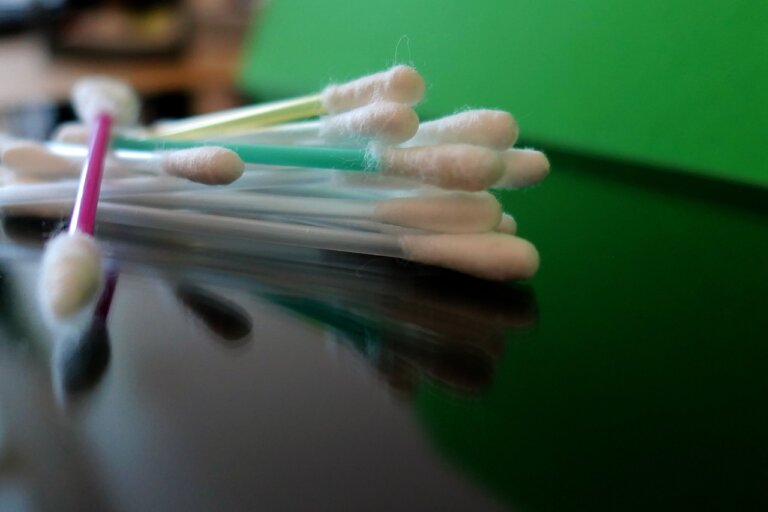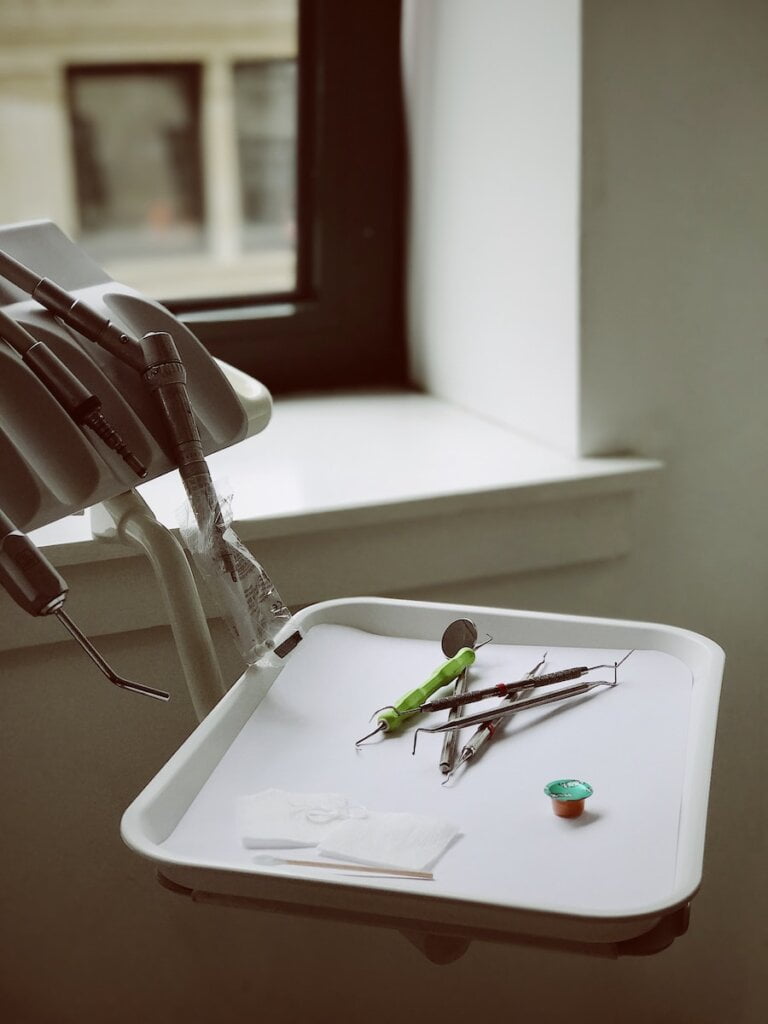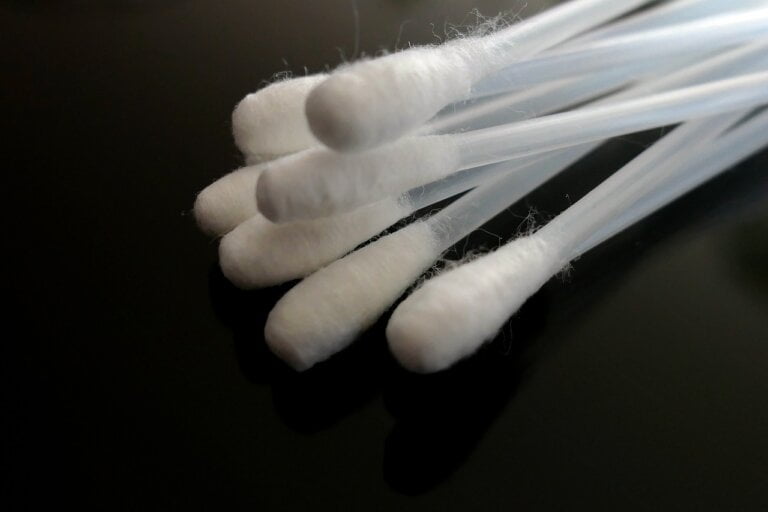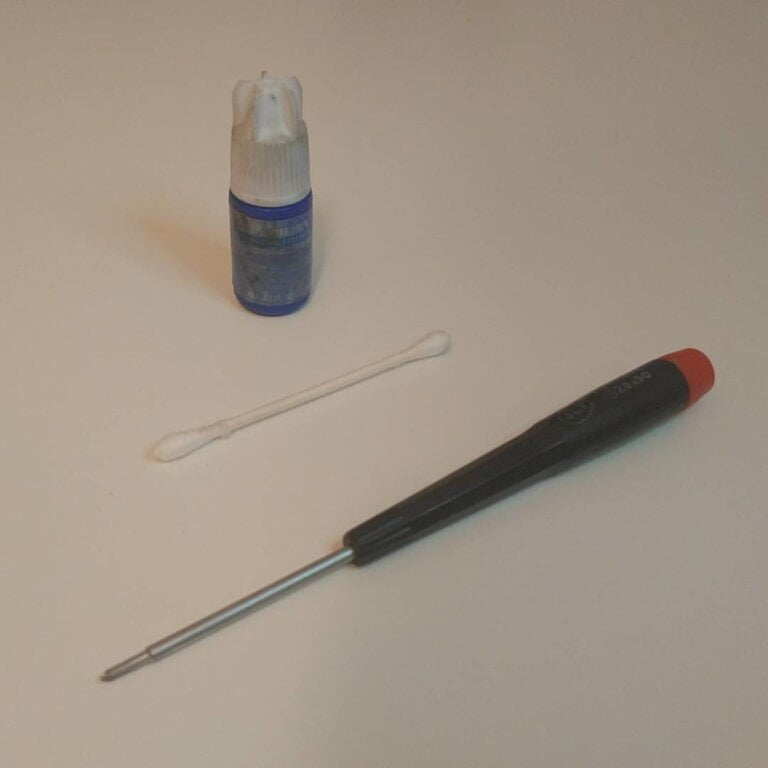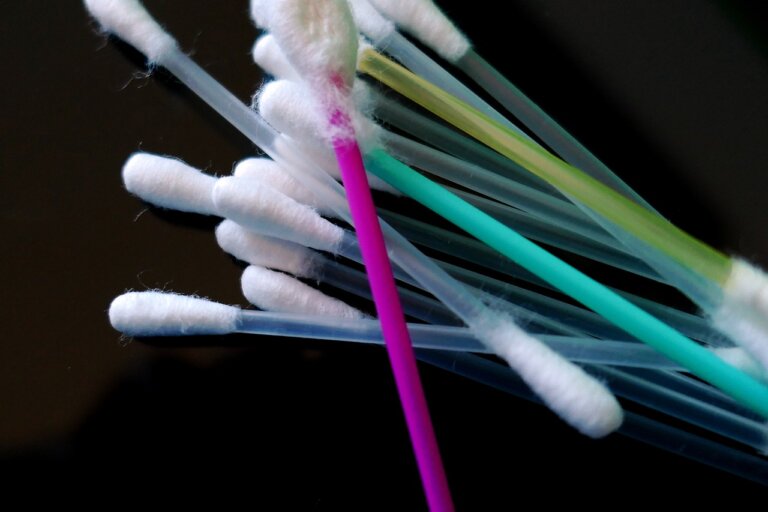Preserving Your Hearing: Effective Prevention Techniques for Common Ear Problems
Last Updated on 25th April 2024 by Admin
Our ears play a crucial role in our daily lives, allowing us to communicate, enjoy music, and stay aware of our surroundings. Unfortunately, many individuals neglect proper ear care, leading to various ear problems that can be uncomfortable and even debilitating. In this comprehensive guide, we will explore essential strategies for both preventing and managing common ear issues, ensuring optimal ear health for you and your loved ones.
Importance of Ear Health
Before delving into preventive measures and management strategies, it’s important to understand why ear health should be a priority. Our ears consist of delicate structures responsible for hearing and balancing, making them vulnerable to damage. Neglecting ear care can lead to a range of problems, including infections, hearing loss, tinnitus (ringing in the ears), and vertigo.
By adopting proactive measures and being aware of potential risks, you can safeguard your ear health and reduce the chances of experiencing these issues. Let’s explore some essential strategies that will help you achieve optimal ear health.
Preventive Measures
- Maintain proper ear hygiene: Cleaning your ears regularly is important, but it’s crucial to do it safely. Avoid using cotton swabs or inserting foreign objects into your ear canal, as this can lead to damage or push earwax deeper, causing impaction. Instead, gently clean the outer part of your ears with a damp cloth.
Proper ear hygiene involves keeping the external part of your ears clean to prevent the accumulation of dirt and debris. It is important to note that the ear canal is a self-cleaning organ and does not require regular cleaning. Inserting cotton swabs or other objects into the ear canal can push earwax deeper, potentially causing blockages or damage to the delicate structures inside.
- Protect your ears from loud noises: Exposure to excessive noise levels can cause permanent damage to your hearing. Wear earplugs or earmuffs in noisy environments such as concerts, construction sites, or when operating loud machinery. Limit the use of headphones and keep the volume at a safe level.
Loud noises can damage the sensitive structures of the inner ear, leading to noise-induced hearing loss. It is important to protect your ears from prolonged exposure to loud noises by wearing appropriate hearing protection. Earplugs or earmuffs can help reduce the intensity of sound entering the ears, safeguarding your hearing health.
- Be cautious with water exposure: Water in the ears can lead to infections and discomfort. When swimming or taking a shower, use earplugs or custom-fitted swim molds to prevent water from entering the ear canal. After water exposure, gently dry your ears with a towel, tilting your head sideways to allow any trapped water to drain out.
Water trapped in the ear canal can create a moist environment that promotes the growth of bacteria, leading to infections such as swimmer’s ear. To prevent water-related ear problems, it is important to take precautions when engaging in water activities. Using earplugs or swim molds can effectively prevent water from entering the ear canal, reducing the risk of infections.
- Avoid smoking and secondhand smoke: Smoking and exposure to secondhand smoke can increase the risk of developing ear infections and hearing loss. By quitting smoking and minimizing exposure to smoke, you protect your overall health, including your ears.
Smoking and secondhand smoke have been linked to an increased risk of ear infections, as well as a higher prevalence of hearing loss. The chemicals in tobacco smoke can irritate the lining of the middle ear and impair the function of the Eustachian tube, which helps equalize pressure in the ears. Quitting smoking and avoiding exposure to secondhand smoke can significantly reduce the risk of ear problems.
- Be mindful of allergies: Allergies can cause inflammation in the ears and contribute to ear problems. If you suffer from allergies, consult with an allergist to develop an effective treatment plan. Managing your allergies can help prevent ear complications.
Allergies can lead to inflammation in the ears, resulting in symptoms such as itching, congestion, and ear fullness. By working with an allergist, you can identify the triggers of your allergies and develop a personalized treatment plan to minimize their impact on your ear health. This may involve avoiding allergens, taking medication, or undergoing allergy shots.
Managing Ear Problems
Even with preventive measures, ear problems can still occur. Understanding how to manage these issues is crucial for maintaining ear health. Here are some strategies for managing common ear problems:
1. Ear Infections
Ear infections, particularly in children, are a common issue that can cause pain and discomfort. To manage ear infections effectively, consider the following:
-
Consult a healthcare professional: If you suspect an ear infection, seek medical advice promptly. A healthcare professional can assess the severity of the infection and prescribe appropriate treatment, which may include antibiotics or ear drops.
-
Apply warm compresses: Placing a warm compress against the affected ear can help alleviate pain and reduce inflammation. Ensure the compress is warm, not hot, and use it for short periods at a time.
-
Maintain proper hygiene: Encourage good hygiene practices, such as regular handwashing, to prevent the spread of bacteria that can cause ear infections. Avoid exposing the affected ear to water until the infection clears.
2. Wax Buildup
Earwax, or cerumen, is a natural substance that helps protect the ear canal. However, excessive wax buildup can lead to discomfort and even temporary hearing loss. Here’s how to manage wax buildup:
-
Avoid using cotton swabs: Inserting cotton swabs into the ear canal can push the wax deeper, potentially causing impaction. Instead, seek professional help from an audiologist or healthcare provider to safely remove excess earwax.
-
Use earwax softening drops: Over-the-counter earwax softening drops can help loosen and facilitate the removal of excess wax. Follow the instructions carefully and consult with a healthcare professional if the problem persists.
3. Tinnitus
Tinnitus is characterized by a persistent ringing, buzzing, or hissing sound in the ears, which can be extremely bothersome. Although there is no cure for tinnitus, various management techniques can help reduce its impact on daily life:
-
Avoid loud noises: Excessive noise exposure can worsen tinnitus symptoms. Protect your ears from loud sounds and consider using noise-canceling devices or apps to minimize environmental noise.
-
Relaxation techniques: Stress and anxiety can exacerbate tinnitus. Engage in relaxation techniques such as deep breathing, yoga, or meditation to reduce stress levels and manage tinnitus-related distress.
-
Sound therapy: Background noise, such as white noise machines or gentle music, can help mask the perception of tinnitus and provide relief. Experiment with different sounds to find what works best for you.
4. Vertigo
Vertigo is a sensation of spinning or dizziness that can significantly impact your daily activities. If you experience vertigo, consider the following management strategies:
-
Consult with a healthcare professional: Vertigo can have various underlying causes, including inner ear issues. A healthcare professional can assess your symptoms and provide appropriate treatment, which may include medication or vestibular rehabilitation exercises.
-
Avoid sudden head movements: Sudden head movements can trigger vertigo episodes. Move slowly and deliberately, particularly when getting out of bed or changing positions.
-
Focus on a fixed point: When experiencing vertigo, fix your gaze on a stationary object to help stabilize your balance. This technique, known as gaze stabilization, can reduce the severity of vertigo symptoms.
By implementing these preventive measures and management strategies, you can take control of your ear health and minimize the risk of experiencing ear problems. Remember, if you have any concerns or persistent symptoms, always seek guidance from a healthcare professional to ensure proper diagnosis and treatment.
FAQ
Q: How often should I clean my ears?
A: It is important to clean the outer part of your ears regularly, but the ear canal is a self-cleaning organ and does not require regular cleaning. Avoid using cotton swabs or inserting foreign objects into your ear canal.
Q: How can I protect my ears from loud noises?
A: To protect your ears from loud noises, wear earplugs or earmuffs in noisy environments such as concerts, construction sites, or when operating loud machinery. Limit the use of headphones and keep the volume at a safe level.
Q: How can I prevent water-related ear problems?
A: To prevent water-related ear problems, use earplugs or custom-fitted swim molds when swimming or taking a shower to prevent water from entering the ear canal. After water exposure, gently dry your ears with a towel, tilting your head sideways to allow any trapped water to drain out.
Q: How can I manage ear infections?
A: To manage ear infections, consult a healthcare professional for appropriate treatment, which may include antibiotics or ear drops. Apply warm compresses to the affected ear to alleviate pain and reduce inflammation. Maintain proper hygiene and avoid exposing the affected ear to water until the infection clears.


